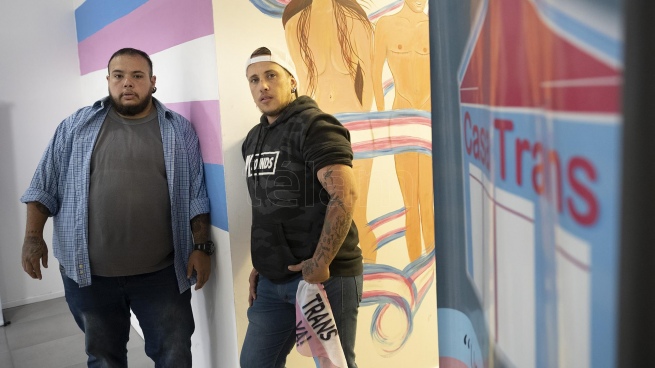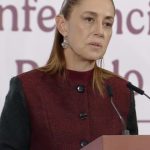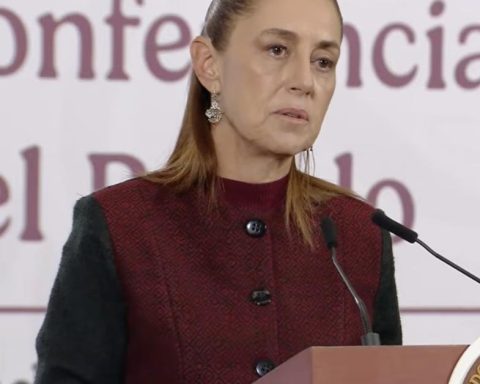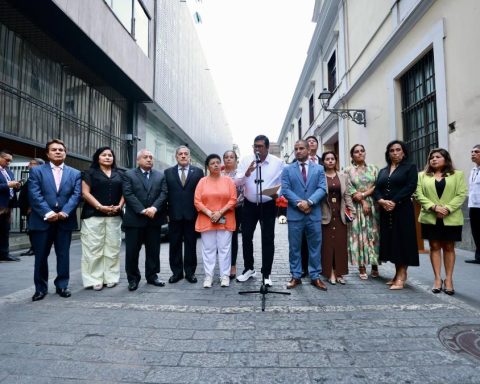Seven out of 10 trans and non-binary males stopped making medical consultations about sexual and reproductive health “for fear of experiencing discrimination, rejection or stigma”according to a Huésped Foundation study and ATTTA released shortly after commemorating the Trans Awareness Day.
“We knew that 4 out of 10 trans women avoided attending for fear of being discriminated against, but now we find that in the group of trans masculinities and non-binary identities it is 6 out of 10. In other words, We are facing a population that has even less contact with the health system,” the coordinator of the Social Research and Community Participation area of the Huésped Foundation, Inés Aristegui, told Télam.
The trans activist Iván Puhlmann of the Association of Transvestites, Transsexuals and Transgenders of Argentina (ATTTA), exemplified this situation with data from his personal history.
“I am 42 years old, I went to the gynecologist for the first time at 15 and went back at 37, when I started hormonal treatment once and for all with medical follow-up,” he told Télam.

In all that time his health was postponed so as not to have to “deal with the gaze of the staff” or even from other patients in health centers, “who make an aesthetic reading that does not coincide with how one really feels” and then comments, misunderstandings or misplaced questions arise that require explanations that “tires, hurts, hurts” have to give
“If you have a very masculine appearance, you begin to feel observed by a question that perhaps anyone asks themselves, which is ‘what is this guy doing coming to the gynecologist alone, why didn’t he come with the woman’; and if you have an ambiguous image, there are also these (strange) looks,” he said.
In that sense, 66% of the 415 trans masculinities and non-binary identities who participated in the study “Status of health and associated factors in trans masculinities and non-binary people in Argentina (ESTHAR)”, claimed to have experienced situations of discrimination or negative treatment related to their gender identity in health services.
“I remember that once my gynecologist at Ramos Mejía asked me for a pap smear and, when I went to look for the elements for the study that were delivered in the same place where prenuptials are done, the girl saw that I had a stubble and, without looking the order that I was giving him, he asked me ‘Did you brush your teeth?’ Since she had a masculine reading of me, she interpreted that I was going to do one of the prenuptial studies,” she said.
With this type of attitude, health personnel not trained in sexual diversity “end up segregating the person”, with the consequence that, “capable, they don’t come back anymore”.
Access to this right is also hampered by the lack of knowledge and compliance with the Gender Identity Law, not only with regard to respect for self-perception enshrined therein, but also the free coverage in time and form of the different treatments, from hormones to body modification surgeries, such as mastectomies and phalloplasties.
“Our law (of Gender Identity) says that all treatment that we need to adapt our (body) image has to have 100% coverage both in the public system and in social or prepaid works, it does not matter if it is the most expensive or the cheapest. And this is not happening,” Puhlmann said.

While in public hospitals there is a wait for surgeries and “we constantly struggle with operating rooms being canceled”; trans or non-binary people who want to hire a prepaid find that, “if we say that we are in hormonal treatment, they ask you for an exorbitant fee of 30 thousand pesos” just as if it were a chronic disease.
On the other hand, those who already belong to the private health system “have a huge fight to be covered by hormonal treatment, not to mention surgeries, which continue to be treated as if they were aesthetic when in fact they are restorative.”
The lack of access to health, but also visibility and comprehensive sexual education for inclusion has very specific negative consequences in people’s lives.
“I have been in a relationship for more than 20 years with my wife, who is the mother of three children that I knew when they were very young and the grandmother of a 6-year-old boy. With the first generation I could not enjoy getting into a pool and only now , after many years and having strengthened my militancy, I have with my grandchildren the opportunity to sunbathe or go to a store to try on a t-shirt without fear of being seen as strange because it shows here or there,” said Puhlmann.
It is that, now, even his grandchildren “see my scar on my chest that goes from armpit to armpit” as a result of the mastectomy “and they know why I have it”.
The study by Fundación Huésped and ATTTA also revealed that 53.5% of those surveyed left the family home and 33.7% stopped studying in adolescence due to experiences of discrimination; high percentages that, however, are below those registered among trans femininities, as they explained.
What’s more, 6 out of 10 suffered some experience of sexual abuse, in most cases during childhood or adolescence.
Probably as a consequence of this chain of violations and exclusions, 58% reported having attempted suicide at least once, a higher percentage than among women.
The trans referent associated the highest rate of self-harm and suicide attempts with “the need to stay in the family” due to lack of access to the labor market, even when transphobic violence is exercised in that household – for example “throwing or burning clothes” that expresses that gender identity or not allowing the change of ID – or repression is encouraged with comments such as “well, you can be a masculine lesbian” or “the breasts should not bother him because how many men have breasts”.
The study concludes with a series of recommendations to promote inclusive public policies for trans masculinities and non-binary identities.
“An effective implementation of comprehensive sexual education (ESI) is necessary, to train health professionals with a comprehensive perspective and to include and involve the population in all prevention and care actions,” Aristegui summarized.

















